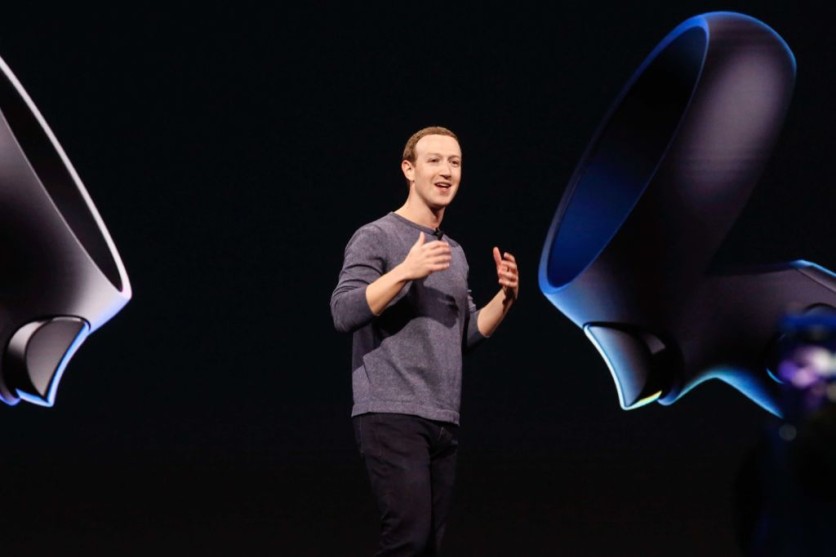Meta's CEO, Mark Zuckerberg, predicts it will be years before the company generates profit from generative AI. Despite acknowledging the significant potential for business growth in this area, he cautioned investors about the lengthy and expensive process involved.

Facebook CEO Mark Zuckerberg introduces the new Oculus Quest by delivering the opening keynote at the Facebook F8 Conference at McEnery Convention Center in San Jose, California, on April 30, 2019. (Photo: AMY OSBORNE/AFP via Getty Images)
Long Way to Go for Generative AI
In Meta's recent call for its first-quarter earnings report, CEO Mark Zuckerberg provided insights to investors regarding the company's engagement in the burgeoning field of generative AI.
Exemplified by net income exceeding $12 billion and revenue reaching $36.5 billion in the last quarter alone, Mark Zuckerberg highlighted potential challenges. He noted an anticipated slowdown in revenue growth alongside heightened expenditures in AI and the metaverse.
Despite these investments, Zuckerberg tempered expectations by indicating that profits from generative AI initiatives may not materialize in the near future.
However, Zuckerberg expressed optimism about the long-term benefits of investing in new scaled experiences within Meta's apps.
Drawing parallels to the successful rollouts of Stories and Reels, he emphasized the positive initial indicators for the company's latest endeavors. However, Zuckerberg cautioned that developing leading AI technologies would be a more extensive undertaking compared to previous app enhancements. He anticipated that achieving this goal would require several years of dedicated effort.
Exploring the Reach Potential of Meta's AI Efforts
The Meta AI assistant has garnered traction among "tens of millions of people" since its widespread availability. This surge in usage is unsurprising, considering its prominent integration into areas such as the Instagram search box.
However, the true measure of success lies in whether Meta AI becomes a regularly used product and if there is widespread demand for an AI assistant within social media platforms.
In the future, Meta envisions various monetization avenues for its assistant, which are currently offered free of charge.
Zuckerberg highlighted numerous avenues for significant business growth, including expanding business messaging, integrating advertisements or paid content into AI interactions, and offering premium features with larger AI models and enhanced computational capabilities.
Additionally, AI's role in enhancing app engagement is expected to lead to increased ad visibility and improved ad targeting, thereby delivering enhanced value to users.
Zuckerberg hinted at potential improvements in ad quality through increased usage of Meta AI in the coming year. This strategy involves analyzing user interactions with the assistant to gain insights into their purchasing interests, signaling a departure from OpenAI's advertising approach.
In addition to its advancements in generative AI, Zuckerberg expressed optimism about Meta's smart glasses collaboration with Ray-Ban. During the call, he noted that various styles and colors of the glasses are currently sold out, highlighting the device's expanded availability of multimodal AI capabilities.
He expressed a previous belief that AR glasses required full holographic displays to gain widespread popularity. However, he now acknowledges the substantial market potential for fashionable AI glasses even in the absence of a display.
Related Article : Mark Zuckerberg's Meta AI Update Overshadowed by Viral Fake Image

![Apple Watch Series 10 [GPS 42mm]](https://d.techtimes.com/en/full/453899/apple-watch-series-10-gps-42mm.jpg?w=184&h=103&f=9fb3c2ea2db928c663d1d2eadbcb3e52)



